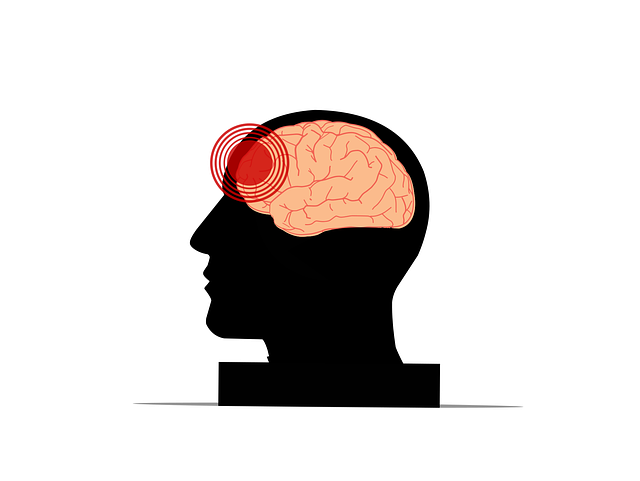
This post is for those of you who have sustained, or know someone who has sustained a head injury. A recent study on veterans serving in Afghanistan who sustained blast injuries discovered that an unusually high percentage of them had abnormal hormone levels. These abnormal hormone levels lead to symptoms that mimic post-traumatic stress disorder (PTSD), depression, and post-concussion syndrome.
I suspect some athletes who have committed suicide (football players) probably suffered from abnormal hormone levels related to recurrent head trauma.
How Head Trauma is Linked to Abnormal Hormone Levels
The brain houses a tiny gland called the pituitary gland that is about the size of a pea. That little gland is responsible for making eight hormones that regulate most of the endocrine or hormonal system – a system that enables parts of the body to communicate with another using chemical messengers as opposed to the nervous system which uses nerve impulses.
Any direct or indirect trauma (as seen in a blast injury) has the potential to damage the pituitary gland.
Recognizing the Link Between Head Trauma and Abnormal Hormone Levels
Other studies have shown higher rates of abnormal hormone levels following head trauma in civilians mainly injured in motor vehicle accidents. But the relationship between head trauma and abnormal hormone levels is not well-recognized by physicians.
If you, or someone you know continues to not feel well or experiences changes in behavior following head trauma consideration should be given to measuring hormone levels. You may have to ask the physician specifically to check hormone levels
Veterans Study
The study involving veterans showed that 42% of them showed abnormal hormone levels. Low growth hormone was the most common finding. This is because a considerable portion of the pituitary is devoted to producing growth hormone. The second most common hormone abnormality was hypogonadism, or low sex hormone levels.
In previous studies on civilians 25% to 50% of those who sustained a traumatic brain injury had low hormone levels. In the general population, hypopituitarism is felt to be 0.03%. This low prevalence in the general population is probably a factor in explaining why physicians fail to make the link between head trauma and hypopituitarism.
But, now you at least know about the connection between head trauma and abnormal hormone levels.
